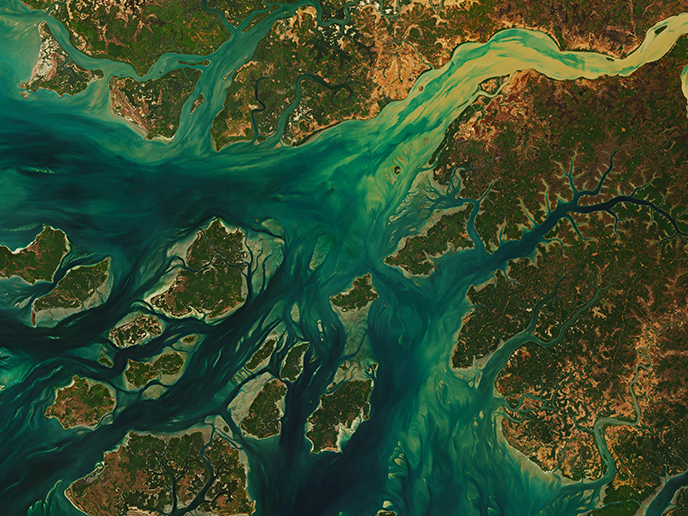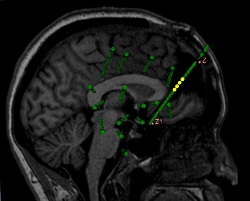Improving access to digital services for European researchers
Commercial digital services such as Earth Observation (EO) platforms and the cloud are critical to many fields of scientific research. The EU-funded OCRE(opens in new window) project established a pan-European framework for researchers to access these valuable tools, by setting up a range of commercial service agreements. By establishing framework agreements with cloud service providers that meet the specific requirements of the research community, OCRE relieves institutions of this time-consuming and complex process, making cloud resources more widely available to research institutions and driving European research innovation. “The ultimate aim of OCRE is to provide the European research community safe and secure access to commercial digital services and Earth Observation services,” says David Heyns(opens in new window), director of OCRE at GÉANT(opens in new window).
Improved access, better research
Through OCRE, European research institutes can procure commercial digital services by identifying a local supplier. This can be done through the OCRE list of cloud service vendors(opens in new window) and EO(opens in new window) catalogues, the GÉANT cloud catalogue(opens in new window) or the European Open Science Cloud (EOSC(opens in new window) Marketplace). OCRE provides a wide and varied service portfolio, including Infrastructure as a Service(opens in new window) (IaaS) and Platform as a Service(opens in new window) (PaaS), which comprise computation, storage and network services, as well as platforms that allow customers to develop and run cloud-based applications. The OCRE catalogue also offers Software as a Service(opens in new window) (SaaS), a software licencing model providing on-demand programmes by subscription. Operated as a public cloud service, this includes file storage and tools for collaboration, simulation and visualisation. Additionally, OCRE lets users tap into the EO services based on data collected by Copernicus(opens in new window), the EO component of the EU’s space programme. “Registered suppliers provide or develop bespoke thematic or regional EO platform services for the European science community,” Heyns explains.
Service building with the scientific community
The OCRE project gathered substantial community and market engagement, to tender a cloud-service framework of unprecedented scope and scale. Response to the framework exceeded 1 100 proposals from the market, representing 40 European countries. As a result, more than 430 national contracts were then created to support the framework. “Over EUR 7.5 million of cloud-based digital services were distributed across the European science community to drive the adoption of OCRE services. This resulted in a significant number of compelling case studies from innovative research projects, using a range of state-of-the-art cloud-based services,” adds Heyns. OCRE success stories are wide-ranging in their scope and scale. In one example, Ukrainian researchers used satellite data to quantify crop losses, fire and bomb damage(opens in new window) resulting from the war. Other projects include: an innovative blood-flow model used to diagnose aortic disease in real time(opens in new window); an assessment of the shifting British coastline over the last 38 years(opens in new window), which drew on EO technology to assess efforts to mitigate coastal flooding and coastal erosion; and new AI algorithms designed to optimise machine learning control of drone swarms(opens in new window). These case studies have been used by various EOSC(opens in new window) initiatives and national research and education networks (NRENs) across Europe to demonstrate the enhanced agility and scalability with which research activities are able to be performed. “Looking ahead, GÉANT will procure the next iteration of the framework, OCRE 2024, to ensure continuity on behalf of over 10 000 institutes in Europe, interconnected by GÉANT and the European NRENs,” concludes Heyns.







